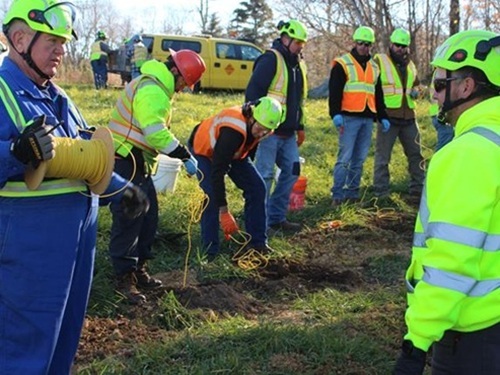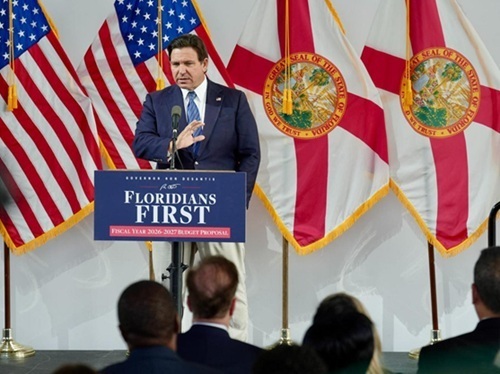The Colorado Department of Transportation recently issued $617,400 in grants to support 12 local mobility programs across the state – helping cities and towns reduce traffic congestion while offering residents travel choices beyond driving in a car alone.
[Above photo by the Colorado DOT]
Those grants, issued by the Colorado DOT’s Office of Innovative Mobility, seek to help various local communities strengthen their “transportation demand management” efforts.

Increasingly being adopted by cities and states, transportation demand management aims to provide travelers with more travel choices than simply single-occupant vehicle driving – choices that can include mode, route and time of travel and work location.
The agency said in a statement that common transportation demand management strategies focus on promoting transit usage; offering micro-mobility options, such as bikes and scooters; improving pedestrian infrastructure; crafting smart growth policies; deploying intelligent transportation systems; building managed roadway lanes; and encouraging telework and “e-work” options.
Colorado DOT said those approaches are used most often in large urban areas, but many smaller communities can benefit from them as well. Examples of the programs the agency is supporting this latest round of local mobility grants include:
- $50,000 to the City of Denver to scale up its shared micro-mobility program, which now provides a bike- and scooter-share system.
- $38,400 to the City of Durango to help it improve its transportation demand management software and launch of the city’s first-ever e-bike rebate program.
- $50,000 to the City of Fort Collins for a pilot project to subsidize carpool and vanpool programs for first- and last-mile travel, along with a separate $50,000 grant to help develop a web-based or app-based portal to allow paratransit clients to schedule their own trips and receive real-time information on vehicles.
- $50,000 to Summit County and various partners to fund a micro-transit feasibility study to provide first- and last-mile service to transit-dependent and disadvantaged communities. This study builds on years of work between partners to target the most successful options for the least served communities.
State departments of transportation across the country regularly support a variety of local mobility projects via grants and other funding options.
Indeed, a panel of state DOT and local government executives convened during the American Association of State Highway and Transportation Officials 2022 Spring Meeting in New Orleans to detail how collaboration between federal, local, and tribal agencies – among other stakeholders – is critical to addressing a variety of mobility challenges nationwide.
To aid in those efforts, the National Renewable Energy Laboratory – a division of the U.S. Department of Energy – introduced a new online tool in October 2022 to help transportation planners design more efficient and environmentally friendly mobility systems for both urban and rural areas.
 States
States
NCDOT Staff Participate in ‘Explosive’ Technical Training
December 19, 2025 States
States

